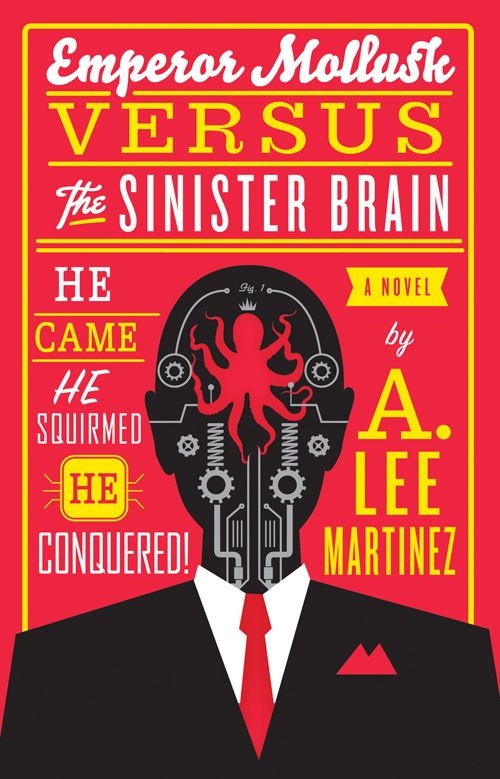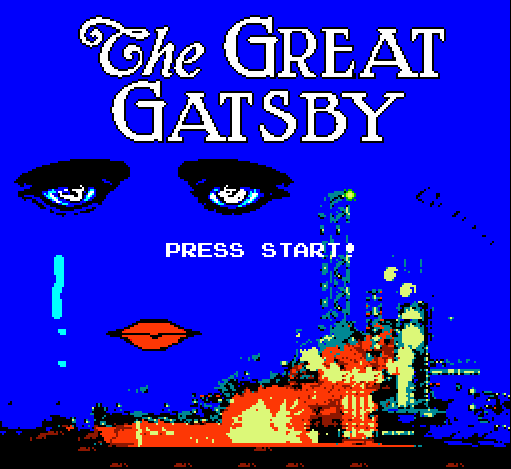As was foretold by Nostradamus, someone has posted a snarky takedown of the plot holes in Man of Steel. I liked the movie okay but I admit to having low expectations. My good feelings toward the film may also be be as a reaction to the virulent antipathy one of my viewing companions had toward the portrayal of Superman. Have you ever stumbled across the online rantings of a comic book nerd railing against ridiculous minutiae? Watching the movie with this guy was like that, except I was hearing the words come out of an actual person’s mouth.
So I thought the movie was okay but that doesn’t mean it couldn’t be better. It was too long, for one thing, and the climactic action spectacle was kind of turning into a mishmash of violence and camera cuts by the end.
But why read what I say, when you can read the snark over at io9?
Samples:
(on Krypton)
Jor-El: Our planet is dying. Clearly, the only solution is to shoot a baby into space.
Lara-El: It’s the only thing that makes sense anymore!
————–
Young Clark: So I’m kind of thinking I should use my powers for good, to help people and stuff.
Pa Kent: HOLY SHIT NO. You must never reveal your powers to anyone! People will figure out you’re an alien! The government will take you away? Got it? You must never help anyone ever.
Young Clark: Even if it’s a schoolbus full of children about to drown?
Pa Kent: Especially if it’s a schoolbus full of children about to drown! You just sit there, and watch them drown, one by one.
Young Clark: That doesn’t seem right.
Pa Kent: And if for some reason someone else saves the bus, IT IS UP TO YOU TO PUSH THAT BUS BACK IN THAT LAKE AND MAKE SURE THOSE CHILDREN DROWN.
Young Clark: Wait, what?
Pa Kent: YOU ARE GOING TO BE A BEACON OF HOPE WHEN YOU GROW UP, CLARK, A BEACON OF HOPE THAT WATCHES CHILDREN DIE WHEN HE COULD HAVE EASILY SAVED THEM.


